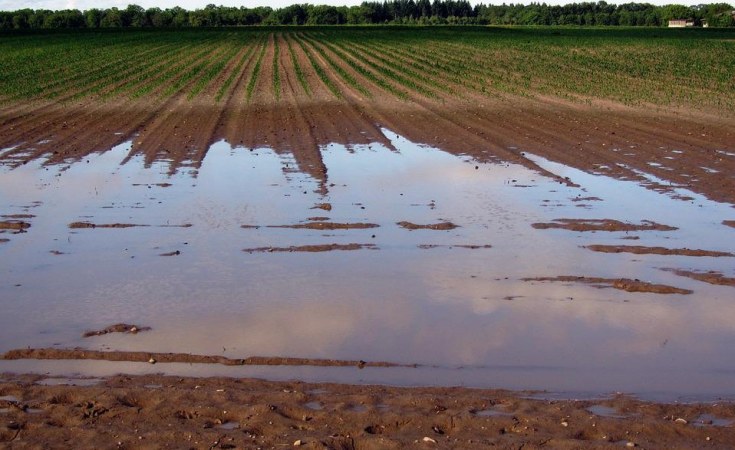The US-funded Famine Early Warning Systems Network (FEWS NET) has warned that acute food insecurity exists across Mozambique driven by the impact of multiple natural disasters and the conflict in Cabo Delgado.
In its latest Food Security Update, it notes that the greatest shocks to the 2021/2022 agricultural season have been damage from winds and flooding from Tropical Storm Ana, Tropical Storm Dumako, and Tropical Cyclone Gombe. These storms affected over 200,000 hectares of agricultural land across Nampula, Zambezia, Tete, and parts of Niassa, Cabo Delgado, Manica, and Sofala provinces. It adds that heavy rains also caused flooding on the Maputo, Incomati, and Umbeluzi rivers leading to damage to 11,500 hectares of agricultural land in Maputo province.
Currently, parts of Cabo Delgado are facing a crisis in food insecurity because of the displacement of around 800,000 people due to islamist terrorism that has hit the province since 2017. Although the Mozambican defence and security forces, supported by the Rwandan military contingent and soldiers from SAMIM (SADC Military Mission in Mozambique), have had success in dislodging the terrorists, FEWS NET notes that a food crisis persists "due to the conflict where insurgents continue to carry out small-scale attacks and killings, primarily in Mueda, Nangade, and Meluco districts, with small insurgent cells seeking to loot food and supplies from unguarded places".
FEWS NET expects food insecurity to grow across the country between June and September, with parts of Nampula province and much of the southern provinces of Inhambane and Gaza entering a crisis phase. It notes that "national crop production is expected to be lower than last year due to reduced crop yields and crop losses impacted by multiple shocks". In particular, a significantly below-average to failed harvest is likely in Maputo, Gaza, and Inhambane provinces, and the southern areas of Manica, Sofala, and Tete provinces.
However, there is some hope that, for some, things could improve where "flood-affected and low-lying areas have the potential for good vegetable production during the second season, given that households have access to vegetable seeds". It adds that "moderate rainfall in April is likely to provide much-needed additional residual moisture for the second agricultural season, particularly in drought-affected areas".
FEWS NET warns of a knock-on effect of the conflict in Ukraine, with increased fuel prices leading to both direct and indirect increases in the price of food and non-food items. In addition, it notes that the national bakery association is considering raising the price of bread due to the increase in global wheat prices. Inflation will "likely reduce the purchasing power of households, particularly very poor and poor households in urban and peri-urban areas". Additionally, this inflation will "counter the recovery of poor households who have increased their access to income-earning opportunities following the significant relaxation of COVID-19 control measures".


